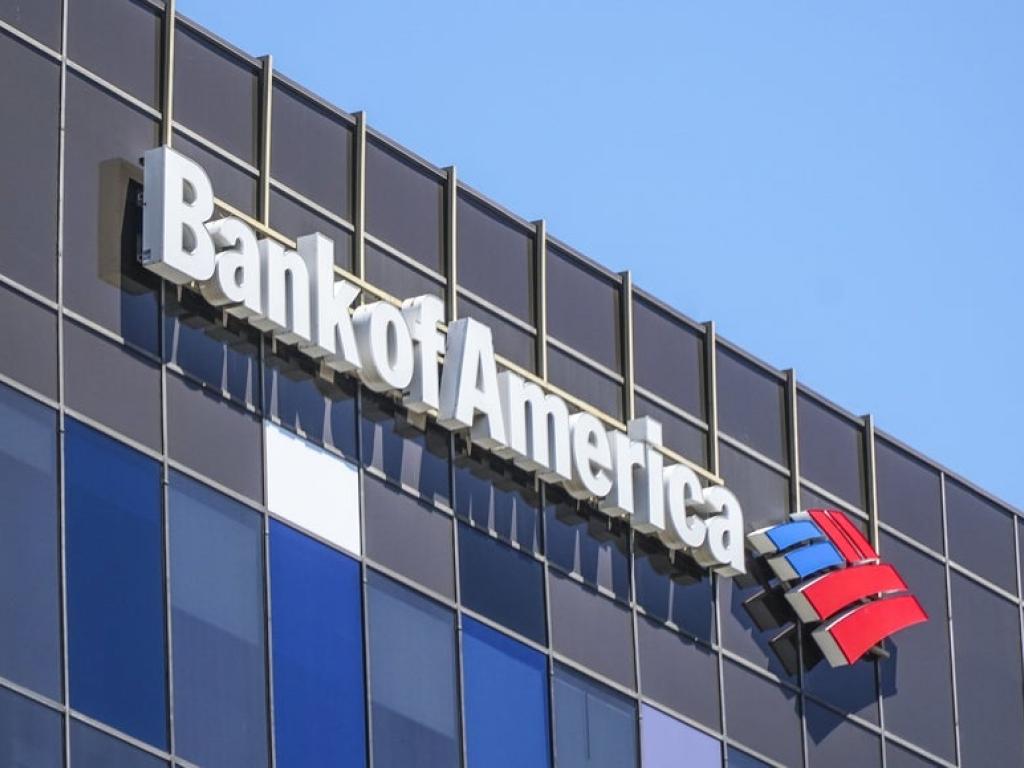BofA CEO Warns Shutdown Could Slow Economy; Economist Sees Rising Recession Risk (CORRECTED)
Author: Rishabh Mishra | October 31, 2025 10:37am
Editor's Note: This article has been updated to correctly reflect comments made by Bank of America CEO Brian Moynihan
Leading economic figures are issuing stark warnings that the month-long government shutdown is beginning to “materially damage” the U.S. economy.
Moynihan Warns Shutdown Risks Broader Slowdown
Bank of America Corp. (NYSE:BAC) CEO Brian Moynihan, in an interview with Fox Business, cautioned that the prolonged standoff could slow the economy and potentially lead to a broader "malaise" if it drags on. Moody's Analytics chief economist Mark Zandi separately said a recession is "more likely than not" if the impasse lasts through the end of the year.
Moynihan said the shutdown and broader budget dispute are political processes, but from an economic perspective, they ultimately "slow down the economy" because activities that require government approvals can't move forward. He noted that delays in areas such as the FAA can ripple outward—"if flights slow down, people stop traveling," he said—affecting business activity more broadly.
He added that the banking industry is supporting affected federal workers through measures such as loan forbearance, but warned that the longer the shutdown continues, the more its effects will spread. "As it goes on longer, it affects more parts of the economy because activities that need approvals, need things getting done, just can't get done," Moynihan said. "I hope they resolve it."
Moynihan said the biggest concern comes if confidence weakens and spending slows. "If a malaise develops and people slow down their spending, that's an issue," he told Fox Business. "If employers start to say, ‘I have to adjust my headcount faster than I'd otherwise adjust it,' that's an issue. That's when the big issues will come."
See Also: Chuck Schumer Says Trump Is ‘Lying’ And ‘Manufacturing A Hunger Crisis’ By Cutting Off SNAP During A Shutdown: He Is Using Americans As ‘Hostages’
Washington, DC Is ‘Already Struggling’ Due To Shutdown
Zandi, in posts on X, echoed the concern, stating that economic fallout, previously “mostly felt” by the “struggling broader Washington, DC economy,” is “unlikely to be the case for much longer.”
He warned that as unpaid government workers “pull back on their spending” and contractors lay off staff, the “hit to the economy will mount.”
Zandi identified a critical inflection point, warning that if the shutdown “extends into the Christmas buying season,” it will hurt retailers and cause financial markets to “magnify the economic damage.”
Based on “simulations of our macro model,” Zandi’s analysis concluded that a shutdown lasting through the year’s end makes a recession “more likely than not.”
Stock Market Remains Largely Unfazed With Shutdown
Despite these dire macroeconomic forecasts, the stock market appears unfazed. In an analysis posted on X, Ryan Detrick of Carson Research argued that while “Shutdowns Add Drama… Stocks Don’t Really Care.”
He observed that the S&P 500 was “up nearly 3%” during the current 30-day shutdown, which he noted is “pretty standard.” Detrick’s historical data shows that while the market’s average return during shutdowns is nearly flat (0.2%), the S&P 500 has averaged a 12.7% gain in the 12 months after they end.
On Thursday, the SPDR S&P 500 ETF Trust (NYSE:SPY) and Invesco QQQ Trust ETF (NASDAQ:QQQ), which track the S&P 500 index and Nasdaq 100 index, respectively, ended lower. The SPY was down 1.10% at $679.83, while the QQQ declined 1.53% to $626.05, according to Benzinga Pro data.
On Friday, the futures of the S&P 500, Dow Jones, and Nasdaq 100 indices were higher.
Read Next:
Disclaimer: This content was partially produced with the help of AI tools and was reviewed and published by Benzinga editors.
Photo courtesy: Shutterstock
Posted In: BAC QQQ SPY





